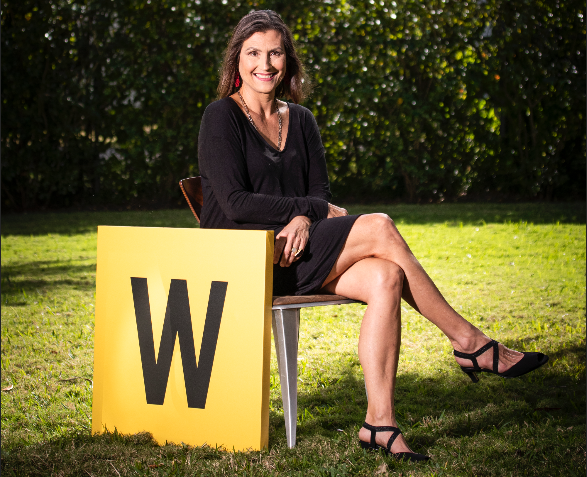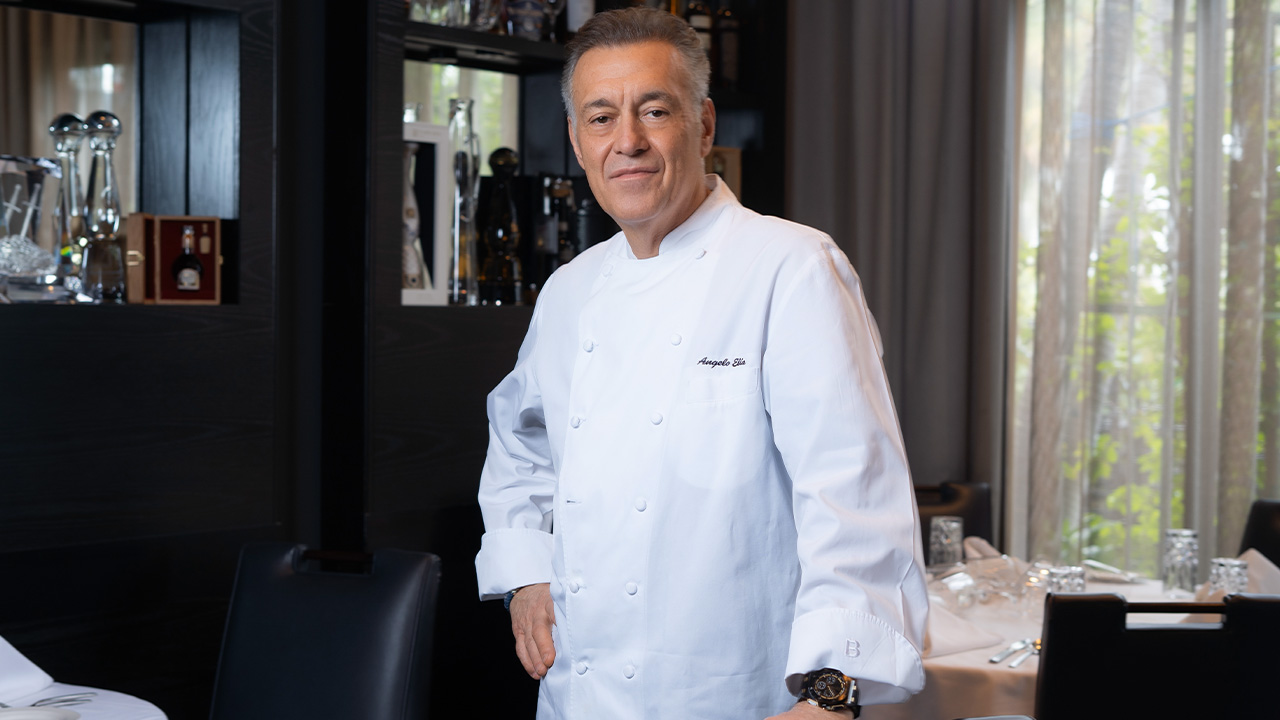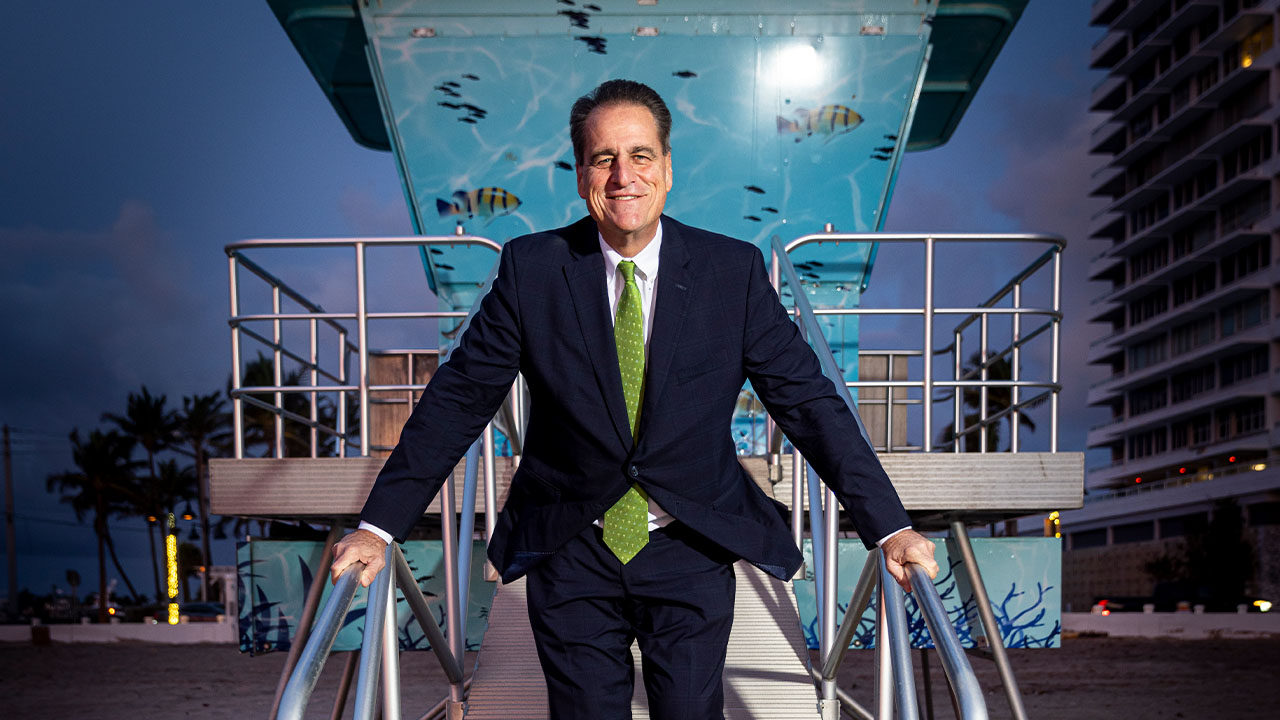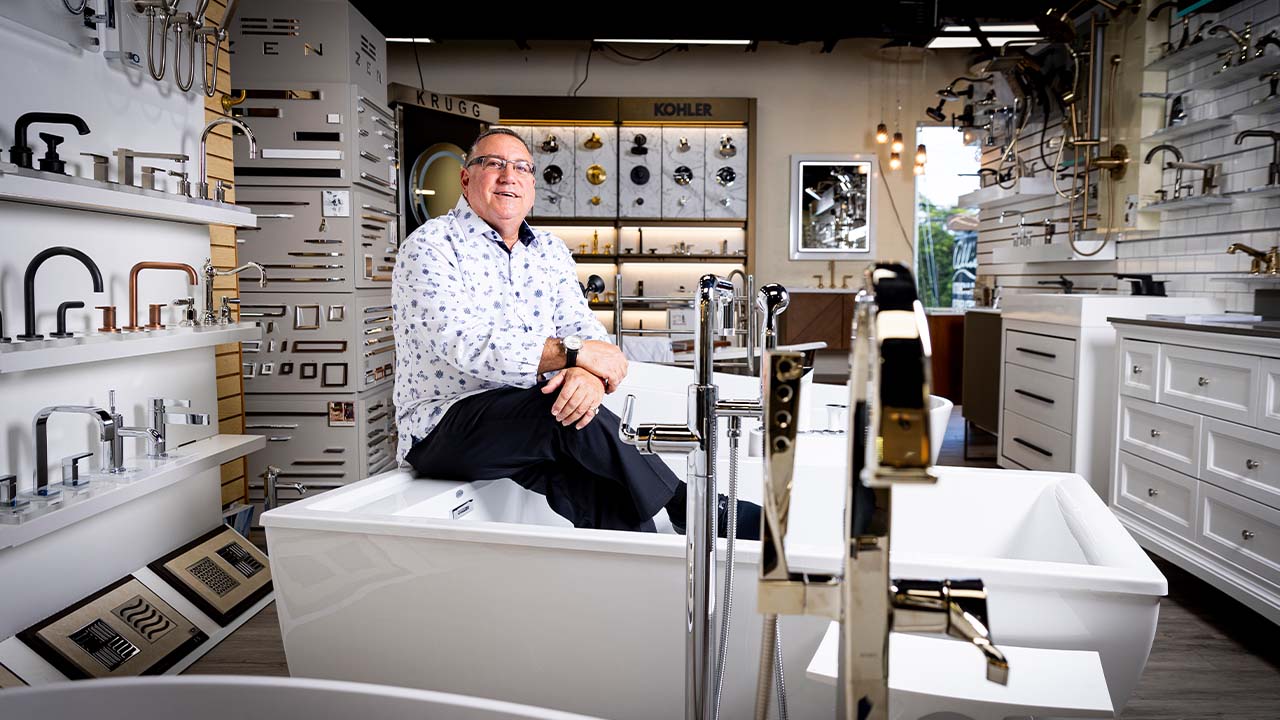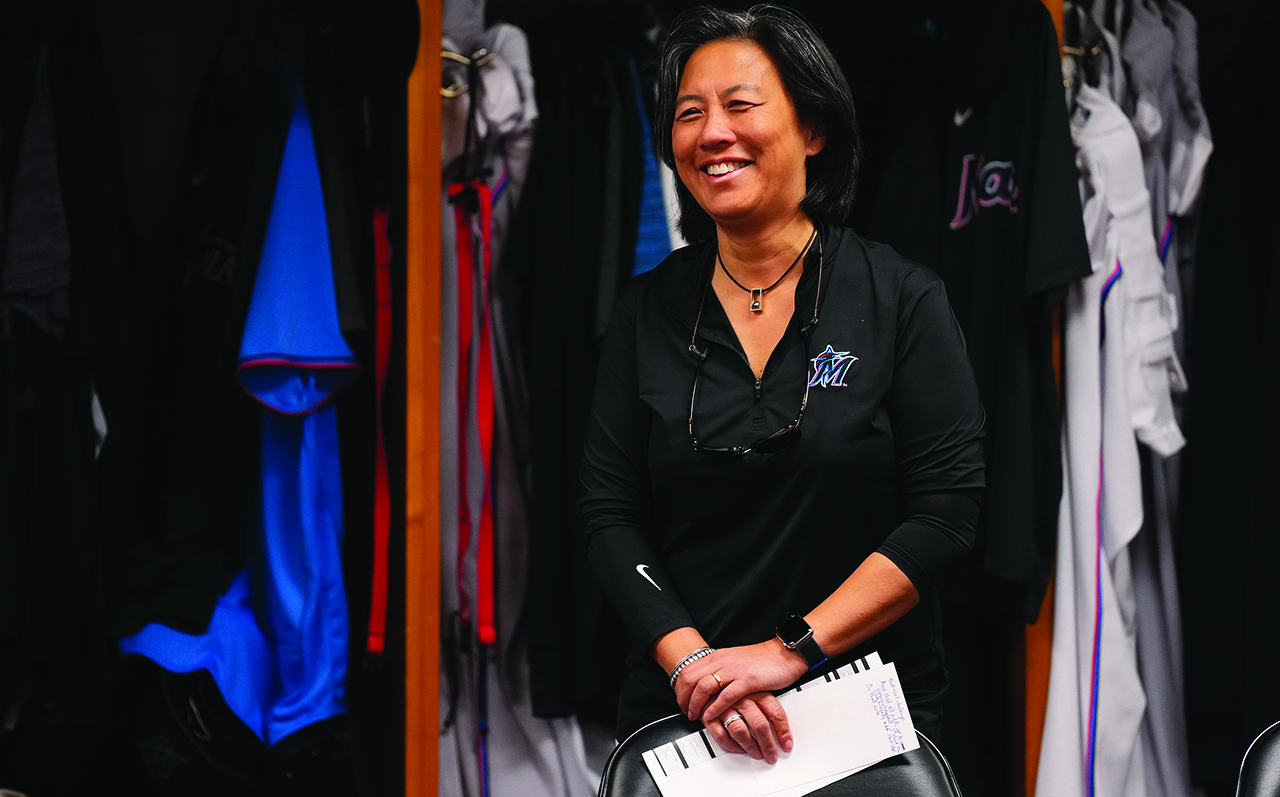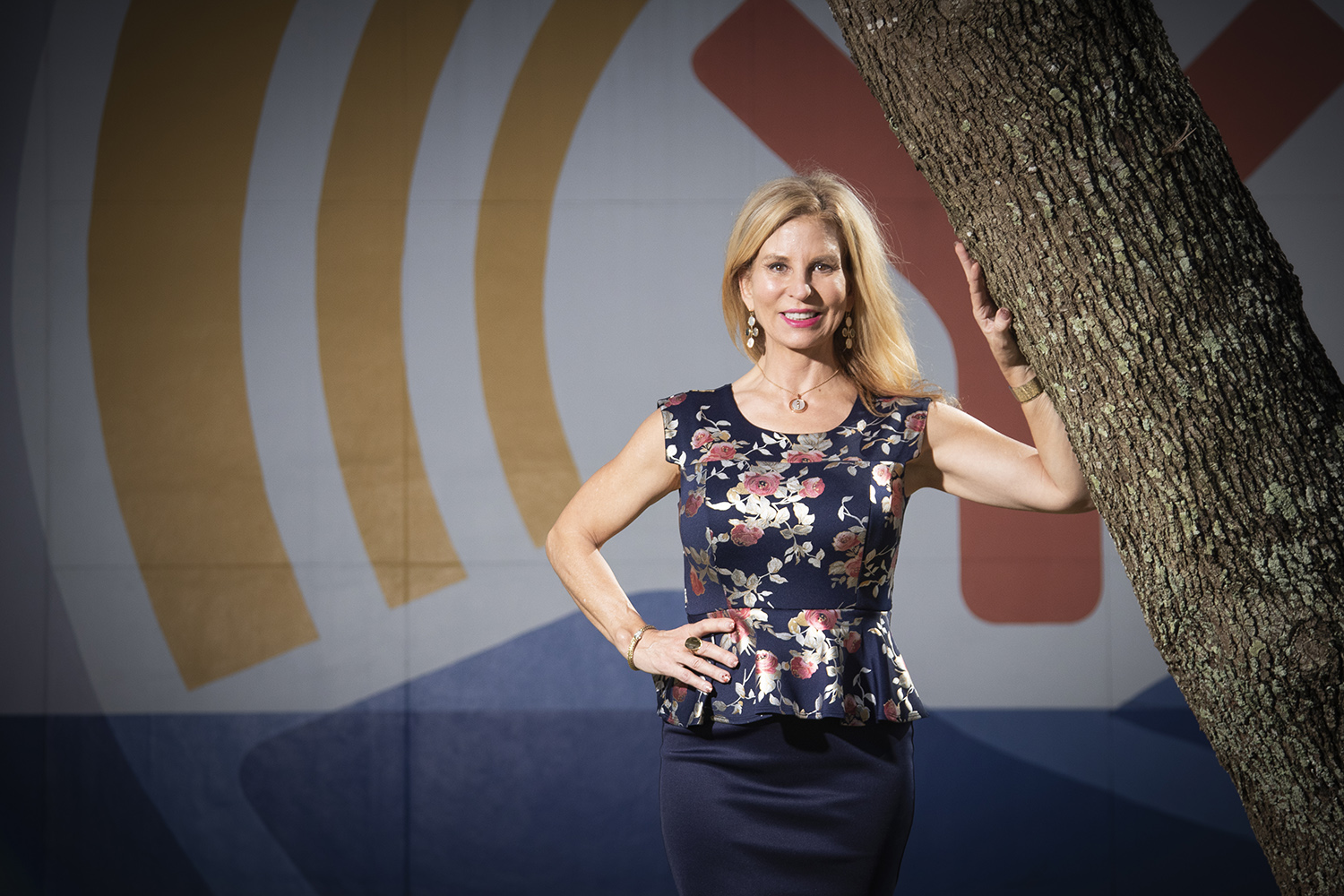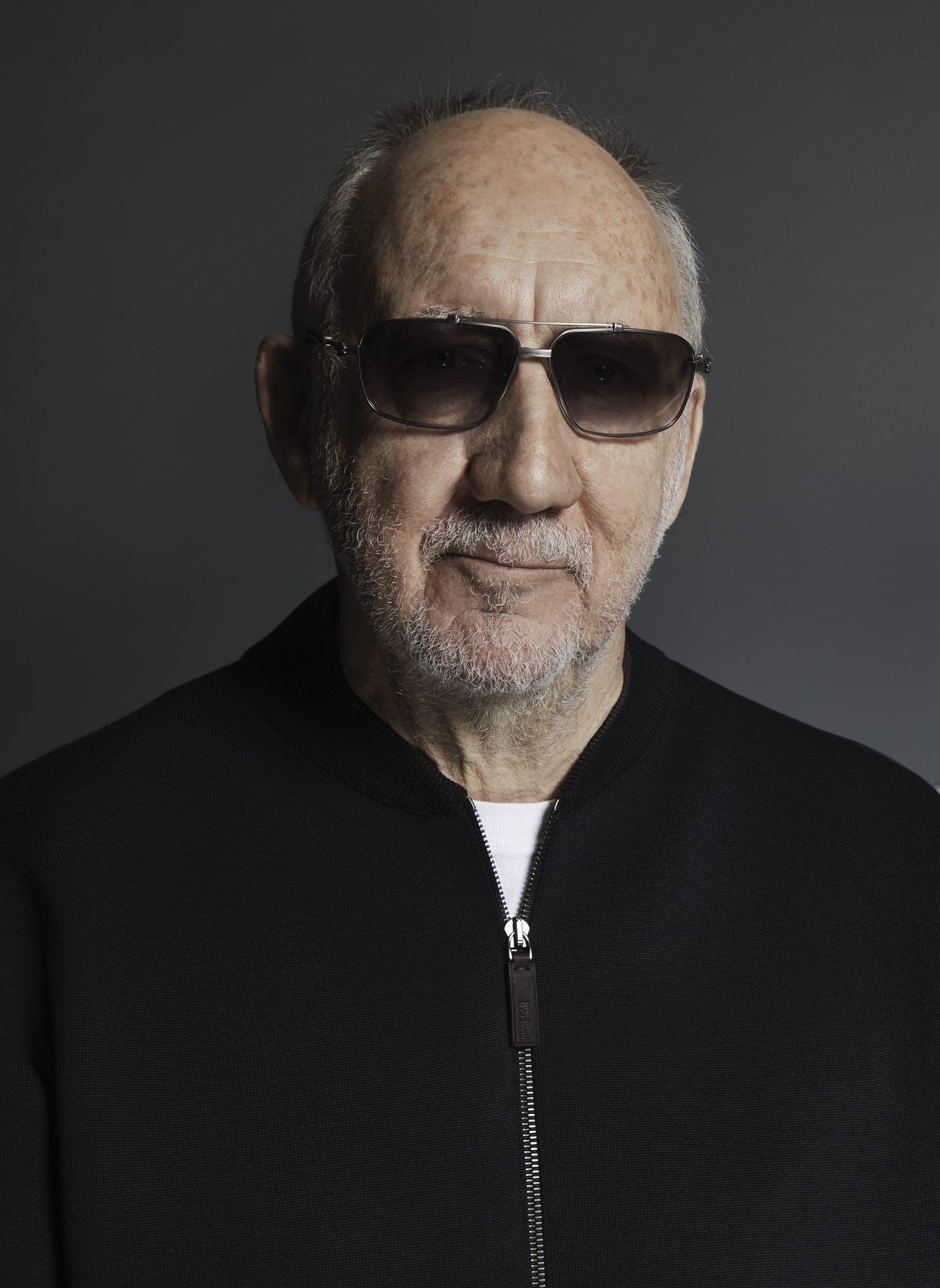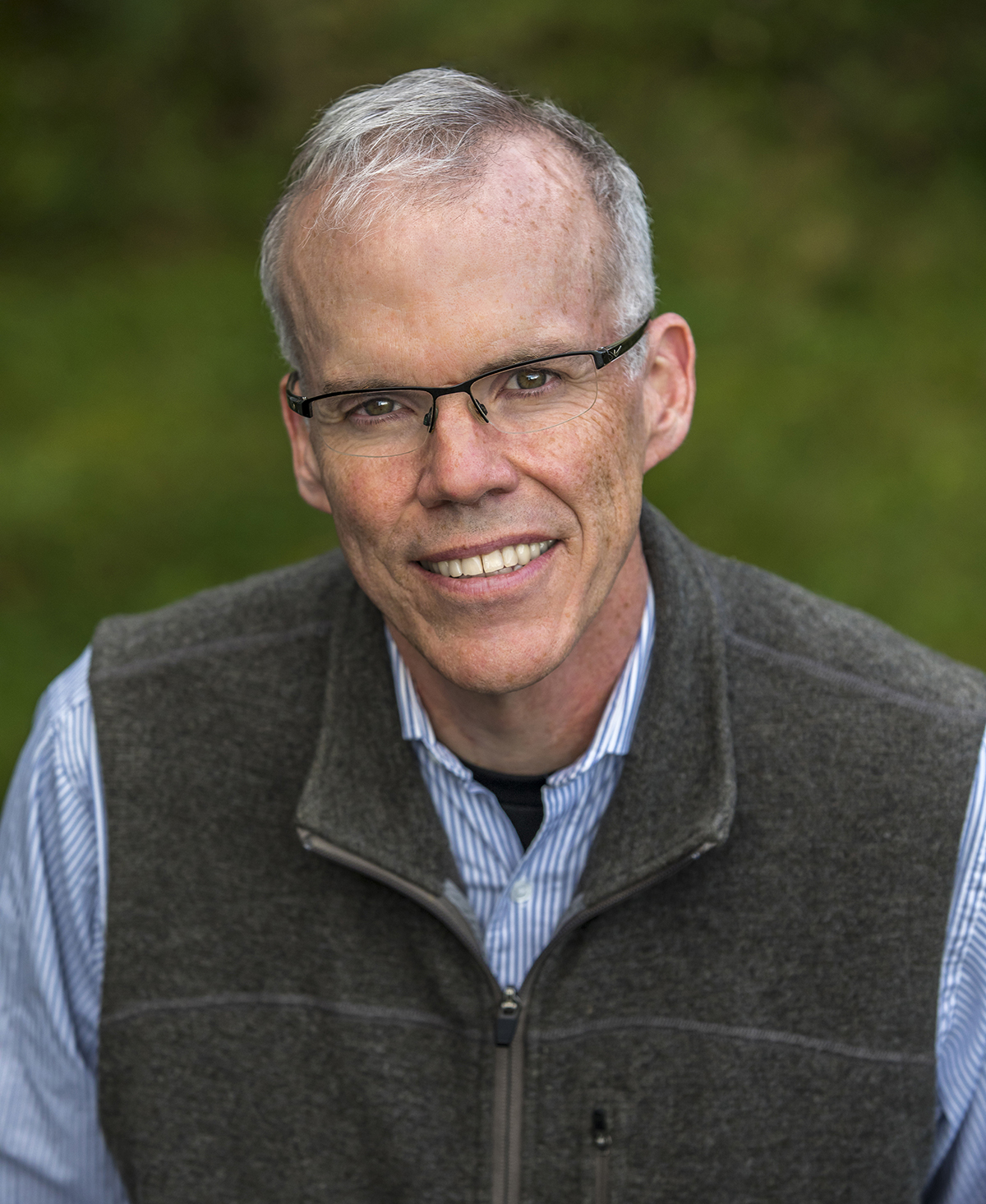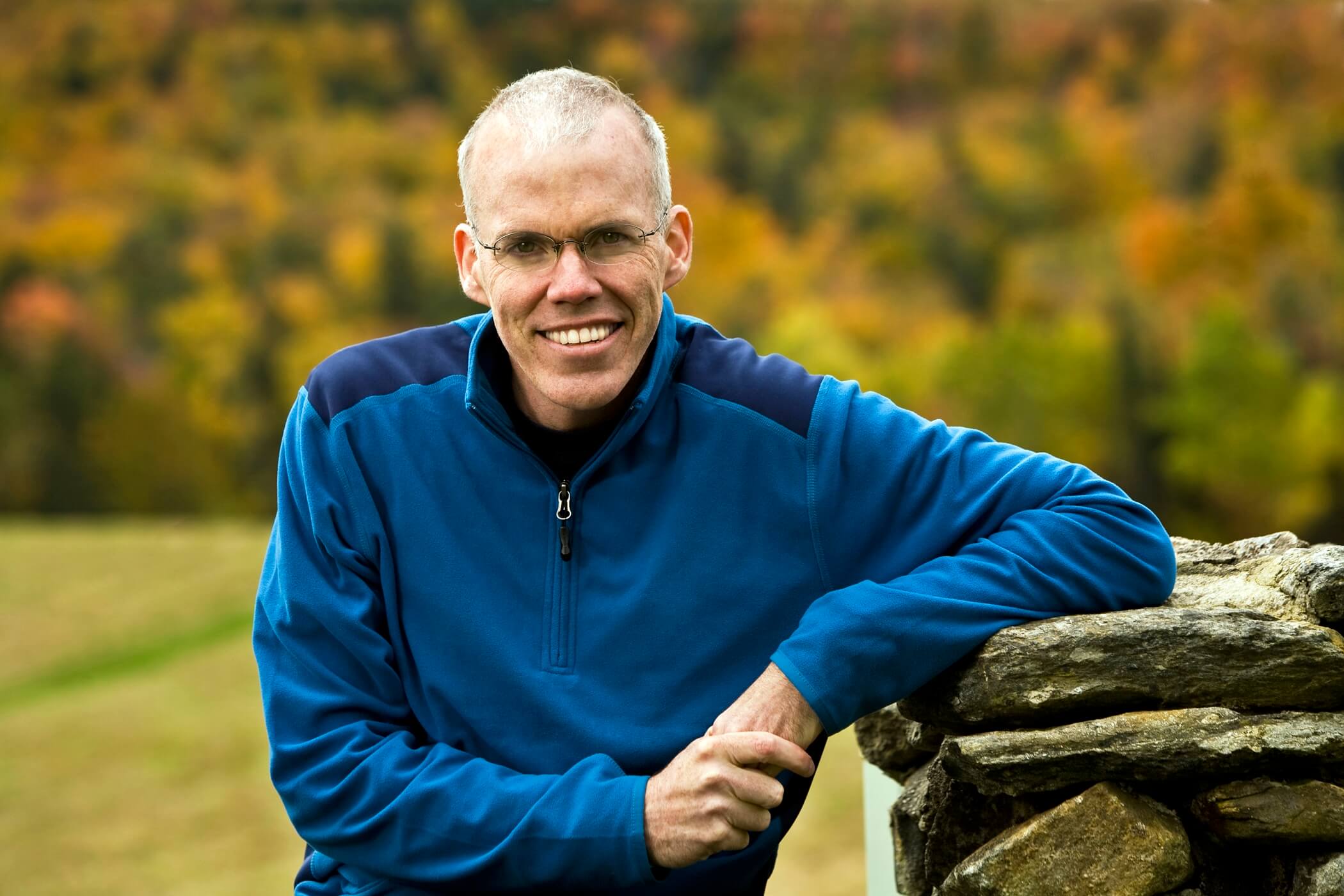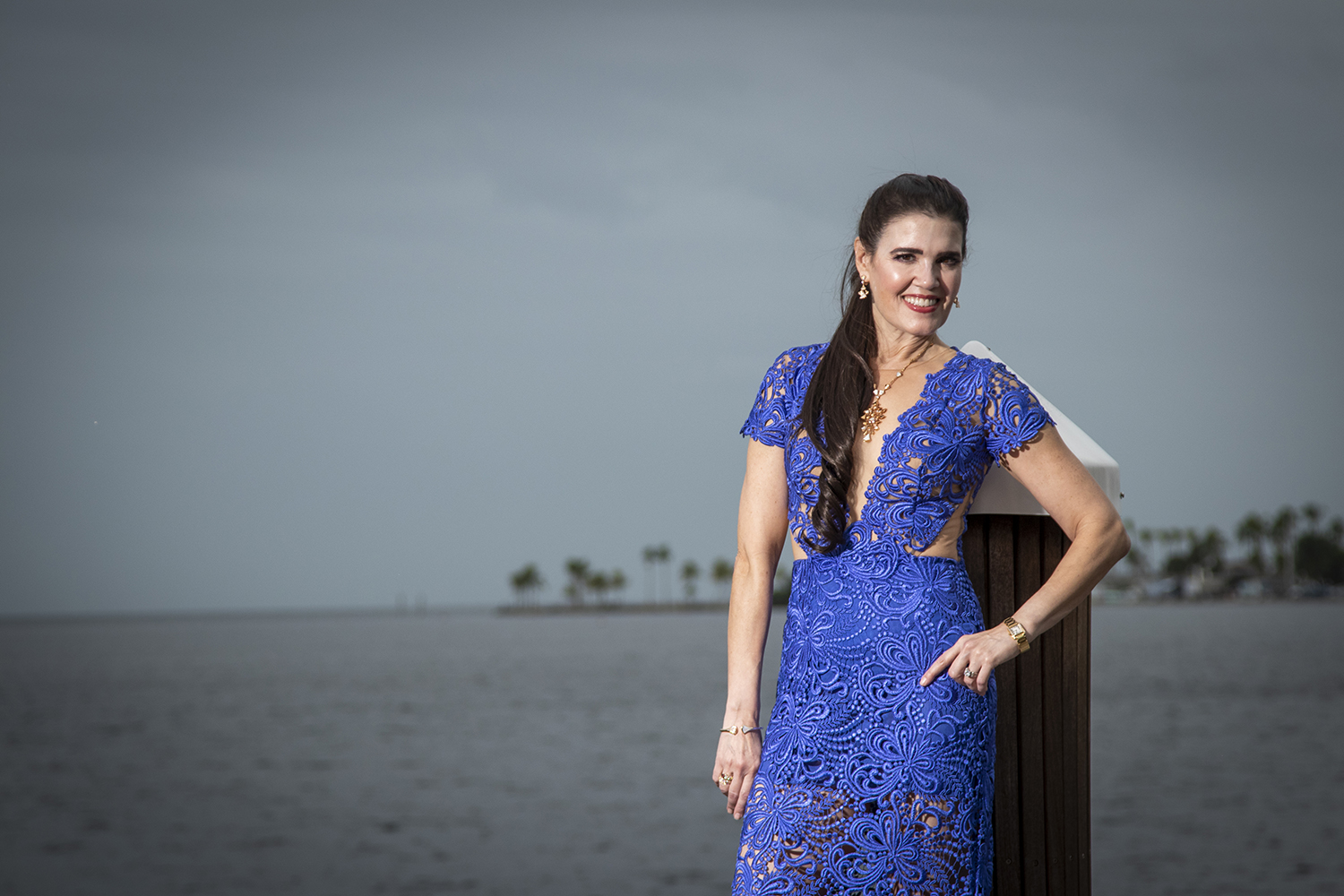It’s been nearly a decade since the World Health Organization released findings about gender violence, including the jaw-dropping figure that 1 in 3 women on the planet have experienced “physical and/or sexual violence by an intimate partner or non-partner sexual violence.”
Like so many women around the world, Marya Meyer didn’t see it as a statistic from which to recoil. She saw it as a moment to move forward—and change the narrative.
In 2013, she headed the Miami celebrations for One Billion Rising, the mass action to end violence against women that estimates (based on the global population) 1 billion women and girls have been or will be beaten or raped in their lifetime. To this day, she serves as the movement’s global coordinator in Miami; in a given week, she’ll speak to women in Guatemala, Croatia, India and other countries around the world about women’s safety and opportunities to make a difference.
However, the ripple effects emanating from Meyer’s thoughtful, empowering work on behalf of women extend far beyond gender violence. She’s emerged as a rock star in advocacy circles—and not just because her former career in music/entertainment included overseeing Latin American marketing for PolyGram/Universal. Back in the day, she not only helped convince U2 to play Mexico and South America for the first time, but she also went on tour with Metallica and Bon Jovi.
After years of partnering One Billion Rising with the Women’s Fund Miami-Dade on programming and initiatives, Meyer joined the Fund’s board in April 2019 and one year later became board chair. Last October, the Women’s Fund named Meyer as its interim executive director, a transitional tag she hopes will be removed.
[Editor’s note: This is the second of a two part article. To read the first part, click here.
As part of its economic mobility pillar, the Women’s Fund is re-introducing a public campaign this month with sponsor Kaufman Rossin that asks the question, “Daddy, why do you pay women less?” It’s 2021. What are the arguments against women having equal pay?
When you look at differences in economic compensation, it’s unbelievable. We’re doing an Impact Collaborative in early March with female attorneys. [A 2020 Status of Women in Miami-Dade County report] found that there’s a [41%] difference in median earnings between men and women in that industry. Forty-one percent! It’s crazy. I’d never think that in a million years.
More than anything, you hear [the refrain] that it’s nobody’s business. But it’s the lack of transparency that allows it to be perpetuated.
It’s putting on a job interview form that you have to have at least seven years of such-and-such experience, all these old-fashioned barriers that aren’t true. So, what happens? You have someone who’s been an assistant in the HR department for 10 years—who’s trained 12 men who’ve [vaulted] ahead of her in the company.
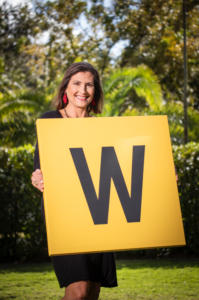
Often, [working] women have the great majority of childcare and home-care responsibilities. There’s a lot of wage theft of women who aren’t being paid overtime or who aren’t being paid what they’re due—but those women are afraid [to speak up] and risk losing their jobs. There’s also a lack of access for women in business when it comes to bigger paying jobs.
Obviously, some things have gotten better. There are more men who aren’t afraid to put on the gender lens, and that’s huge. It used to be an us vs. them thing, but I know many amazing men who are willing to take a hard look at this. Still, there’s a lot of work to do.
How has the climate of racial and political tensions impacted issues important to the Women’s Fund?
In a really positive way. The time is now for racial and gender equity. When things start crashing to the ground, so many of us—very diverse groups of people—come together and say, “We’re not going to rebuild the same way.” We’re not just going to take that footbridge and put those bricks back together.
We’re going to design a new bridge.
Is it frustrating when female legislators at the state and federal level are working against initiatives that the Women’s Fund supports?
I welcome having more opportunities to bring data and facts to bear. I believe in conflict resolution based on that. If you look at the economic mobility Impact Collaborative we did, it’s better for the entire economy if you’re compensating women and girls, and giving them a leg up. No question. It’s factual. And facts can sometimes take away fear.
In my personal life, there are very progressive and very conservative people in my close friend and family circle. It’s a diverse group, and I’m not judgmental. What I care about are the outcomes and the ethics of the ability for everybody to thrive. I also believe in baking bigger pies. We don’t have to be fighting over just one slice. By working together, you can make bigger and better pies.
We’re making the Women’s Fund an easier and easier place for people to come together and get stuff done. Nobody does anything alone. I can’t tell you how much we value our partnerships with the YWCA, the Overtown Youth Center, the Honey Shine program, the South Florida Human Trafficking Task Force, Lotus House and countless other groups. There are so many amazing people coming together to do amazing work.
In February, your Impact Collaborative focused on smashing glass ceilings. How important is this moment in history as far as setting positive examples and encouraging women to get involved and follow their dreams?
It’s critical. It’s life-changing. And it’s a catapult. We had the first female president of Miami Dade College [Madeline Pumariega] as one of our speakers in February. We had the first black female executive editor of the Miami Herald [Monica Richardson]. We had the second African-American female commanding officer in the United States Coast Guard, [Lieutenant Karida Harris], who’s 24.
If you can’t envision yourself in that role, it’s hard to get there.
Photography by Eduardo Schneider


